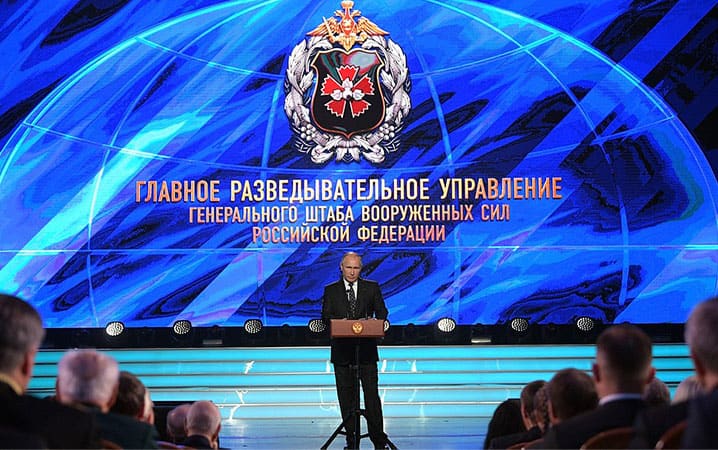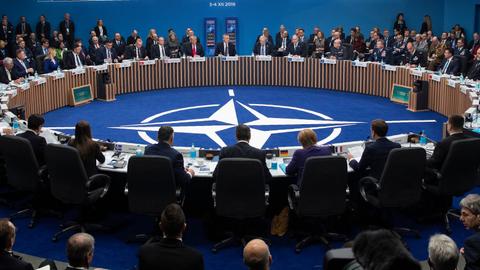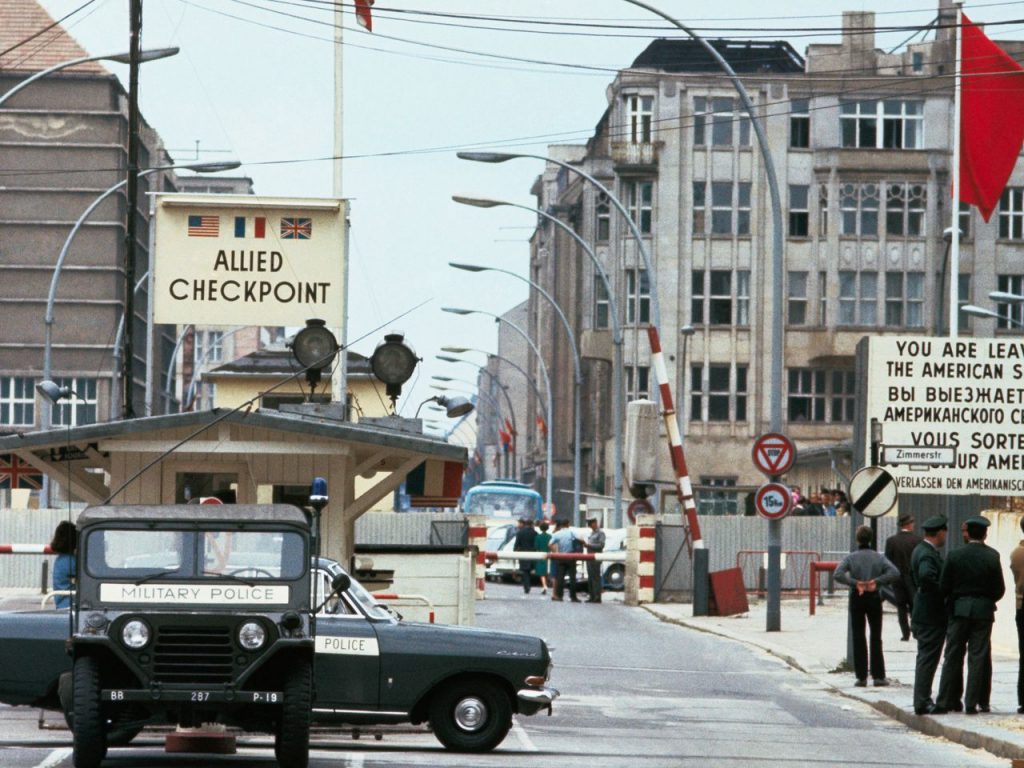The world is at a pivotal point. The once cemented paradigms of power are about to change, and more and more cracks can be observed around the once peaceful world. How is NATO going to tackle this ongoing change? Will we even have NATO in a few years time? Let’s look at the situation right now.
The collapse of the Soviet Union was a blessing, but it seems that at the same time it might be a course. The western nations once standing together, afraid of the soviet armoured divisions marching towards Lisbon, are more and more divided.
Let’s have a closer look at this problem and start with Turkey and Greece. Both are long-standing NATO nations, but still are chasing each other over the Mediterranean airspace with unresolved claims and much hostility. We won’t be judging who is right and who is wrong, but those two armies should stand together in one alliance.
While we are at Turkey, which has the second-largest army in NATO, it has a few problems with the largest NATO country, the United States. The problem is so big that Ankara was kicked out of the F-35 program. Why did it end like this? Well, they have bought sophisticated equipment from a nation that the NATO organisation was supposed to defend Turkey from. What’s even more interesting that Turkey and Russia don’t have common interests in the Black Sea and since ages were competing in that region. Sometimes politics is a real mess.
Mowing on more to the west, we have France, which has recently signed a military treaty with Greece. The unspoken enemy in this military pact is of course Turkey. This adds even more complexity to the situation in the region, as France won’t tolerate Turkeys actions in Libya, where also Russia is quite heavily engaged. Basically we have two NATO countries securing cooperation in the event of war with a third NATO country.
On top of that there is the AUKUS deal which ended in a furious reaction in Paris. There are analysts, hinting, that Australia might buy its new submarines from the United Kingdom. This would put even more strain on the relationships between NATO countries sitting on the opposite sides of the channel named La Manche or English depending on which geography book you are reading. And then there is the scallop sea battle which fortunately ended without serious consequences but most certainly remembered by both sides. If that isn’t enough, Brexit put even more division between the two.
The UK shifting to a tighter Anglo-Saxon relationship is looking to the sea, where it feels best having fewer and fewer ties with Europe. This leaves the already mentioned France and Germany to lead the way, but Bundeswhere is far from ready to be the backbone of land power in Europe.
In fact both countries are pushing one way or the other to form some sort of European army which would exclude nations like the US from the local equation. It’s easier to be said than done, as there would have to be some substantial power behind those wishes. At least, for now, we can’t observe it.
If that wouldn’t be enough, Both France and Germany have very good relationships with Russia, the arch enemy of NATO. On the surface they put sanctions on Putin regime (like Germany) or openly oppose them (like France) but behind the scenes they struck gas deals and strengthen economy ties.

Read also: NATO reconfirms Russian threat
We have left the biggest problem for the last paragraph. The untold truth is that the so-called eastern flank of NATO can’t be protected. There are absolutely no chances to defend the Baltics or Poland in an event of a Russian attack. There is no NATO hard power in the region and before any decision will be made Russia could end the war with swift decisive actions. The pre-WWII slogan “Why Die for Danzig?” is getting more and more relevant. Will Lisbon, Madrid, Rome, and Paris risk their welfare states for Vilnius, Tallinn, Riga, and Warsaw?
The United States is looking at all of this just with one eye as the other one, and pretty much most of its brains and potential is directed towards the Indo-Pacific and preparations for a future clash with China.
In the meantime Russia is looking calmly and waiting for its opportunity. President Putin and his diplomats know very well how to play good games, even with a weak hand. They can see the cracks and will try to broaden them and create new ones, as a divided NATO and a divided Europe is a weak NATO and a weak Europe. It’s much easier to tackle each country one by one, and Russia is good at it.
Obviously a rethinking of NATO interests, capabilities, and posture is much needed, but it seems that there is a complete lack of will to go united. Each country is trying to pull in its own direction or is doing nothing, calmly enjoying the last three peaceful decades, and the clock is ticking.
Post Author
Author
-

Ph.D. in liberal arts in the field of military history, specializing in military aviation, analyst in the field of military aviation, defense, modern warfare geopolitics and security.
View all posts





